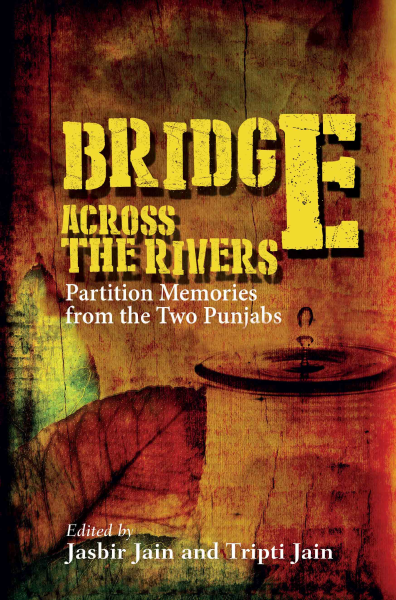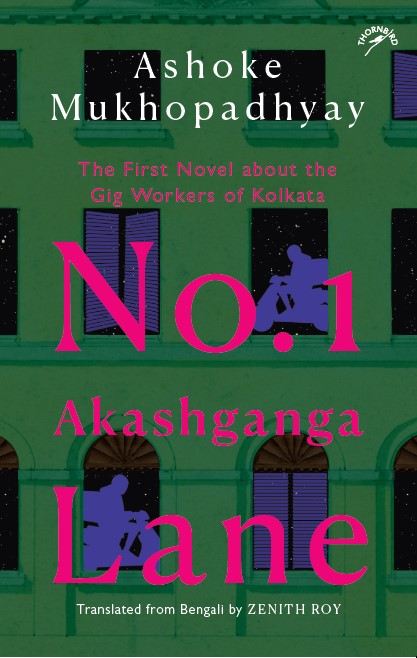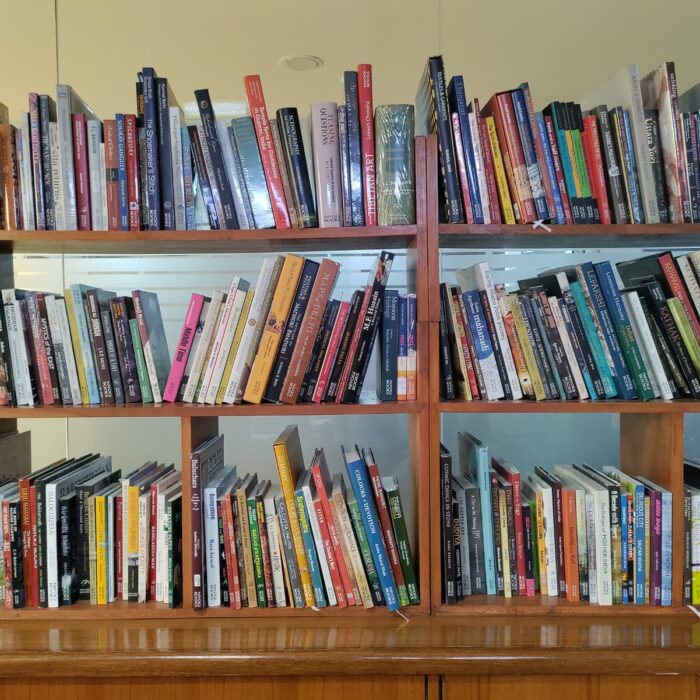Sign up and get notified with new article for free!

Book
Bridge Across the Rivers

Bridge Across the Rivers : Partition Memories from the Two Punjabs
The history of the Partition is neither singular nor static. It appears different from different perspectives. The past is never over; its presence looms large over our present. The Partition narrative exceeds the bounds of history, to the large scale exodus often referred to as the third partition—most painful and long-lasting in its emotional, political and social contexts. It impacted both collective and individual identities. In some ways it rendered the individual invisible, with identity being transformed into a stereotype, which evoked conventional patterns of behaviour. The heartache and anguish of divided families and frustrated, failed individual lives lay heavy on the joy of a much-coveted freedom. Oral histories break the hegemony of the written. They enter individual psyches to explore morality and ethics, guilt and regret. This collection seeks to debate issues and throw light on discourses other than those of violence and darkness, working with a chronology, located in time. The narratives unfold expectation, hope and harmony, flight and violence, psychological fallouts, gender issues, and questions of guilt and reflection. As the stories trace the shifts in emotions and focus on individual wills, the undercurrents of cultural oneness form a counter discourse.
|






